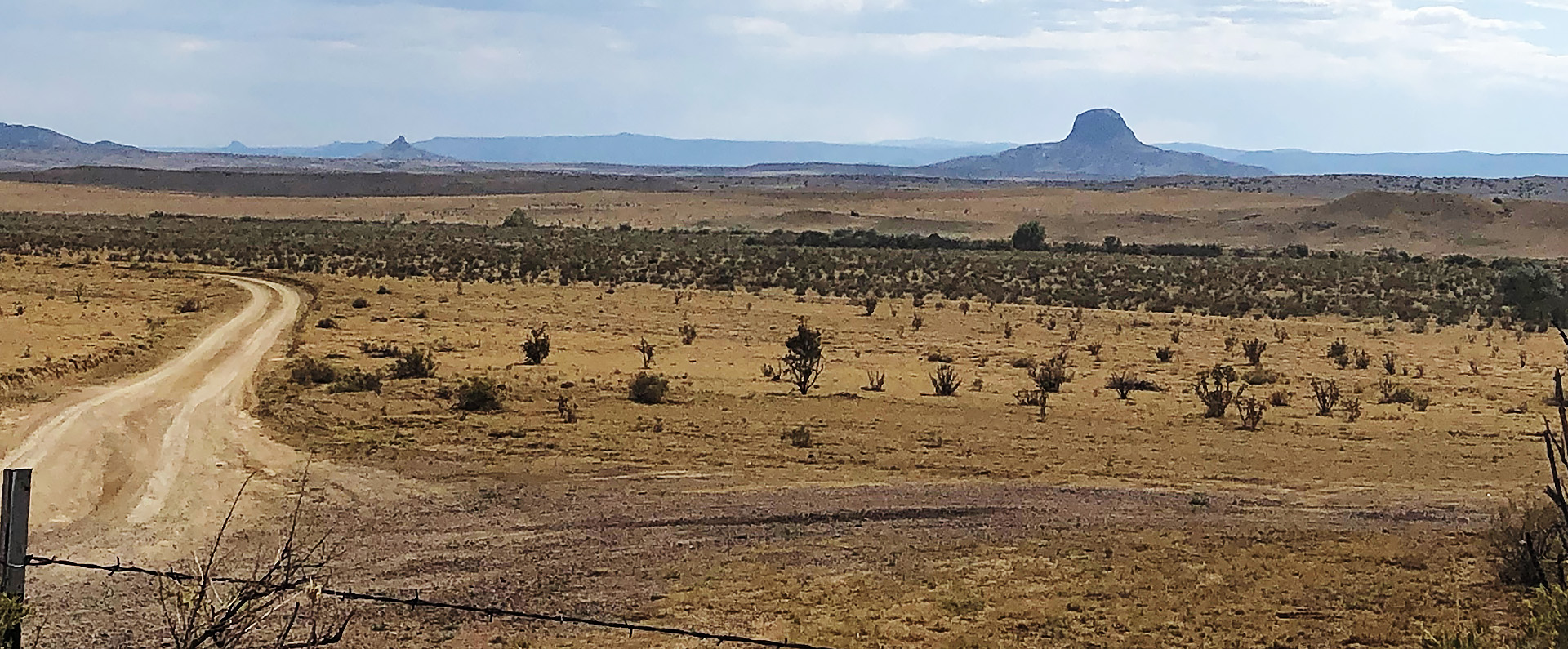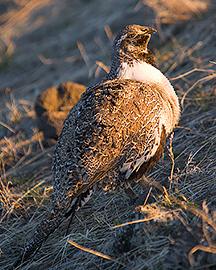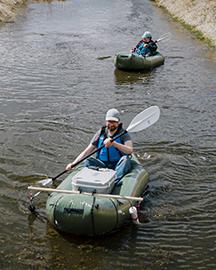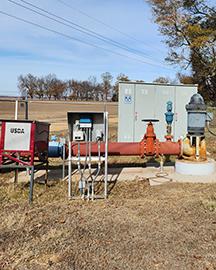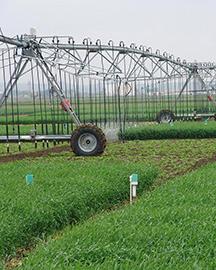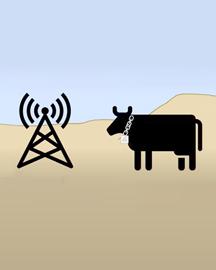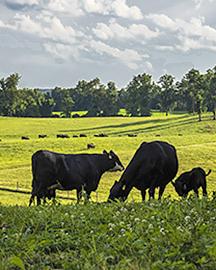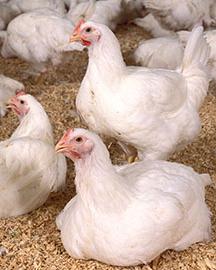A New Tool for Addressing Water Scarcity
Water scarcity in the Southwest U.S. has been a problem for decades. Combined with the effects of climate change and a growing economy and population, limited water resources can negatively impact people’s day-to-day lives and livelihoods. An ARS research team along with partners from the Southwest Climate Hub in Las Cruces, NM, developed a resource called The Water Adaptation Techniques Atlas (WATA).
WATA works by documenting efforts to adapt to water scarcity, such as reducing water use, increasing water supply, or changing the way water flows through the landscape. The tool provides users with a map with solutions pinned to the location in which they took place. You can click on a case in the map or use the filter or search tools. Once you’ve selected the case, you can view the information related to it, including information that will help evaluate the management practices provided.
Related Information
Research Project: Develop And Share a Geospatially Referenced Tool to Support Water Adaptation Techniques in the Western United States.


